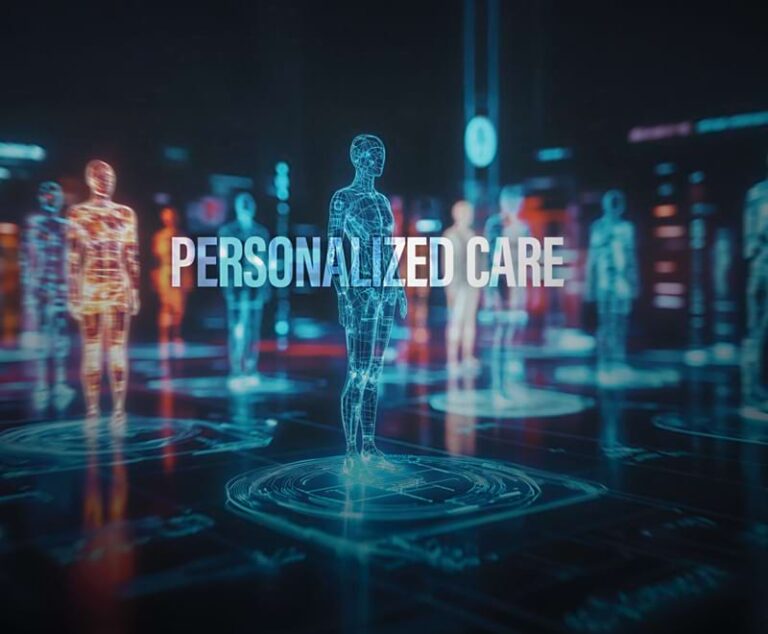Perspectives
Professionals, Providers & Patients
Leadership Corner Articles
An in-depth look at burgeoning therapeutic methods poised to change the way physicians treat key critical illnesses
This issue of BioSupply Trends Quarterly explores artificial intelligence, advancements in cardiac care and value-based care.
From personalized medicine and faster diagnostics to predictive analytics and streamlined clinical trials, AI is reshaping healthcare — fast.
Thanks to AI, today's patients are increasingly informed. Here's why clinicians should embrace them as valuable partners in the care process.
Despite growing vaccine skepticism, vaccination continues to be a highly effective public health intervention, saving an estimated four to five million lives per year.
Quality care revolves around trust. Patients entrust sensitive health information to providers, and providers rely on patient honesty to guide clinical decisions.
Healthcare delivery continues to evolve as demand for care quality grows, but the challenges of caring for loved ones who live long distances away are not as formidable due to an expanding number of tools, services and resources.
The healthcare industry continues to evolve and adapt to meet the needs of patients and improve their care — and it's increasingly using AI to do it.
Patient safety is at the heart of healthcare, so it’s imperative to put in place systems and regulations to reduce patient harm.
Scientific advancements are moving the healthcare industry forward, with new and innovative tools and therapy options helping providers to accurately diagnose and treat myriad conditions, from common illness to rare diseases.
The need to provide high-quality, personalized care in the U.S. has never been greater due to an aging population with changing needs, the increasingly common occurrence of chronic disorders and digitization.
The effects of exposure to misinformation about vaccines has been exacerbated by the COVID-19 pandemic. And, misinformation continues to flourish with damaging consequences.











